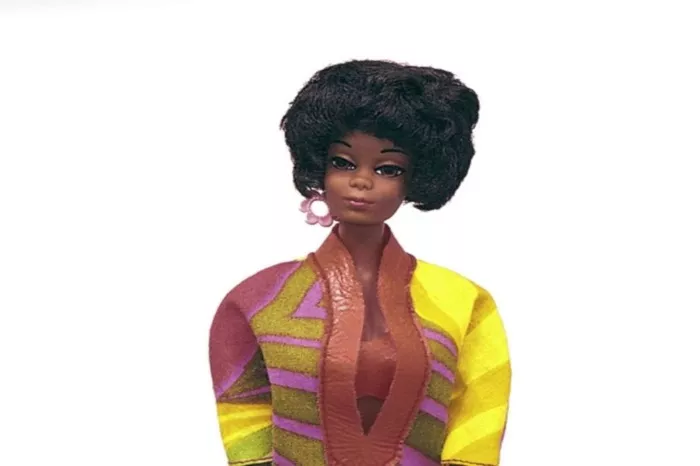Shondaland’s latest venture, “Black Barbie: A Documentary,” delves deep into the genesis and enduring impact of Mattel’s groundbreaking creation, the first Black Barbie. Following on the heels of Greta Gerwig’s 2023 blockbuster, this Netflix production takes a distinct approach by spotlighting the profound societal implications of diversity and representation. Where Gerwig’s film used satire to explore feminist themes, Lagueria Davis’ documentary opts for a more introspective journey, emphasizing the critical need for individuals to see themselves reflected in popular culture. Through a mosaic of personal narratives, archival footage, and astute analysis, “Black Barbie” chronicles the evolution and lasting influence of Mattel’s pioneering non-white Barbie doll.
In an era when dolls predominantly mirrored Western ideals, the introduction of Black Barbie stood as a powerful symbol of inclusivity. It challenged entrenched norms and paved the way for greater diversity in toy manufacturing. Central to the documentary is Kitty Black Perkins, the visionary designer behind the iconic doll. Perkins not only crafted a Barbie that celebrated Black beauty and culture, with features like full lips, a wide nose, and a short afro, but she also became a pivotal figure in the broader movement towards representation within the industry. Her story serves as a cornerstone in exploring themes of identity and cultural significance.
The journey to Black Barbie was fraught with challenges, rooted in both societal resistance and corporate caution. Introduced in 1980, 21 years after the original Barbie, this milestone was delayed by deep-seated racial biases and market hesitancy. The Civil Rights Movement of the 1960s underscored the imperative for representation, yet it took the advocacy of figures like Beulah Mae Mitchell, an early champion at Mattel, to push for change. Mitchell’s perseverance, spanning decades within the company, laid the groundwork for the eventual collaboration with Perkins that birthed Black Barbie. Together, their efforts reflected shifting attitudes towards cultural diversity in toy design.
The legacy of Black Barbie extended far beyond its commercial success. It catalyzed a paradigm shift within the toy industry, challenging conventional standards of beauty and sparking a proliferation of Black dolls in various shades and styles. This expansion not only diversified product offerings but also reshaped marketing strategies to embrace inclusive narratives. Director Lagueria Davis, herself connected to the story through her aunt Mitchell, brings a personal dimension to the documentary, revealing Mitchell’s pivotal role in shaping Mattel’s cultural landscape. Davis’s exploration underscores the profound impact of representation on identity and cultural perception, resonating deeply in a landscape where such narratives were historically marginalized.
“Black Barbie: A Documentary” stands as a testament to the transformative power of cultural representation. It celebrates the efforts of trailblazers like Mitchell, Perkins, and subsequent contributors like Stacey McBride Irby, whose innovations in the So In Style line continued to expand Barbie’s representation. Their collective vision not only enriched the toy aisle but also contributed to broader societal conversations on diversity, equity, and inclusion. As Davis aptly summarizes, “Black Barbie’s legacy is a testament to how representation can drive change, even in eras devoid of DEI initiatives.”
Related topics:
“BLACK BARBIE” DOCUMENTARY: A MUST-WATCH ON NETFLIX THIS WEEKEND
HOW MUCH IS THE ORIGINAL BARBIE DREAM HOUSE WORTH?
“BLACK BARBIE”: THE IMPACT OF DOLL IMAGE ON CHILDREN’S SELF-PERCEPTION

